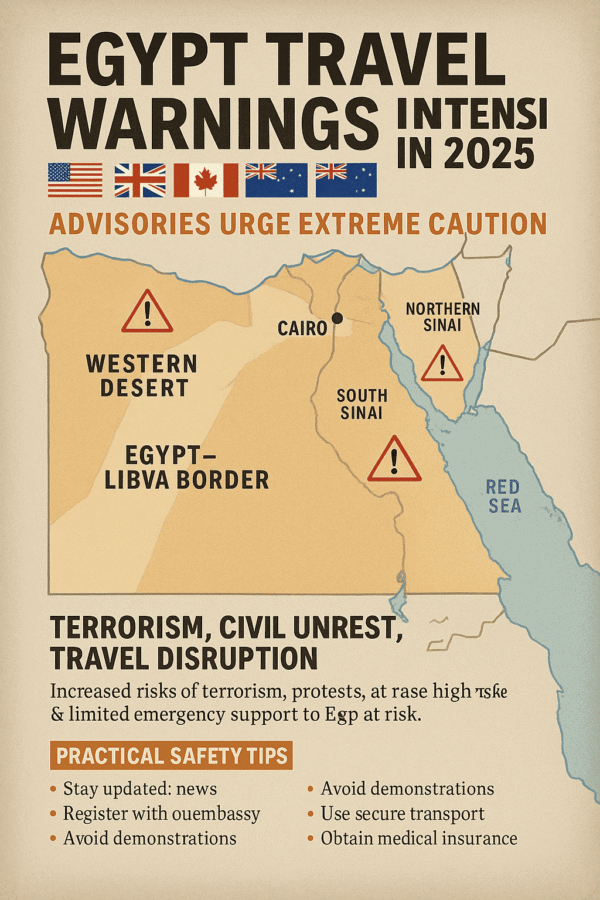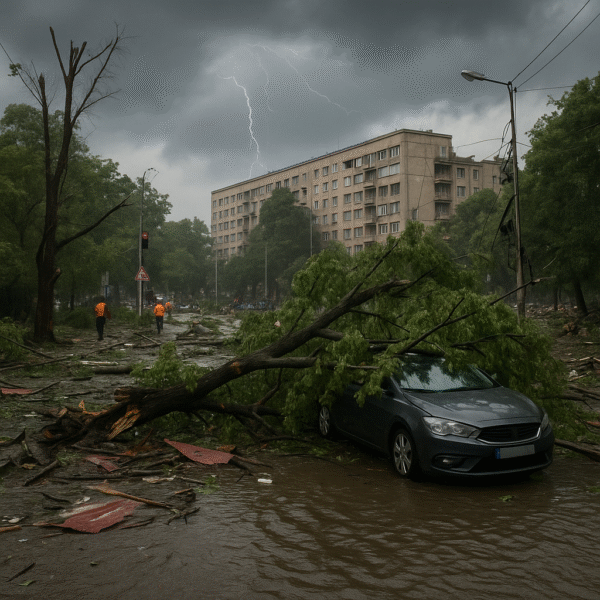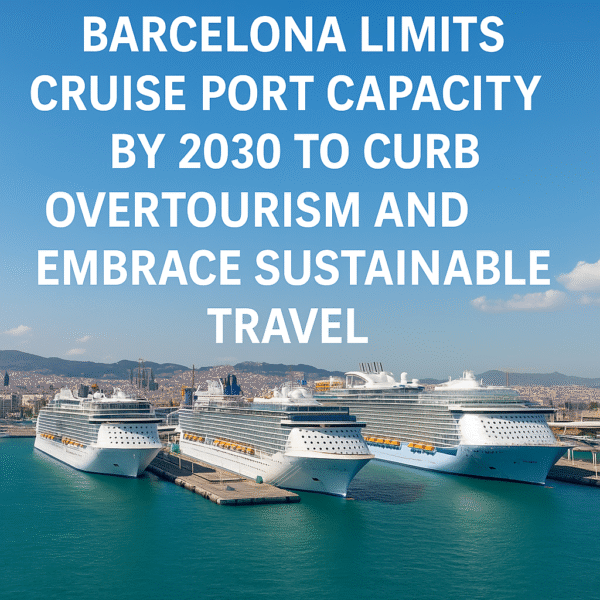Over the past decade, travellers have swapped dusty guidebooks and local inns for high-tech platforms like Airbnb, Instagram, TikTok, Booking.com, Expedia, and Trivago. What began as an innovation in culture-sharing and convenience has given rise to an unexpected side effect: overtourism—a phenomenon barely known until the mid-2010s, now reshaping global travel.
That simple Instagram post or viral TikTok can mirror a Pavlovian trigger, sending wave after wave of tourists to once-peaceful locales. Take Venice, where UNESCO and city leaders have imposed entry fees and limits to curb flows of day-trippers—measures echoed by Barcelona, which plans to cap cruise passengers and ban new short-term rentals by 2028—or the Balearics, which has withdrawn influencer campaigns after ecological degradation at pristine beaches.
Selfie Tourism: When the Photo Comes First
“Selfie tourism”—travel centred on snapping the perfect shot—now drives visitor numbers more than any guidebook ever could. Iconic landmarks such as Rome’s Colosseum, Paris’s Eiffel Tower, and Santorini’s caldera face daily throngs of shutter-focused tourists. According to the UN World Tourism Organization (UNWTO), social media is now a primary driver of visitation patterns .
A study shows 61 % of tourists avoid certain destinations to prevent contributing to overcrowding—a hopeful sign of evolving awareness. However, infrastructure strain continues unchecked in many places.
Airbnb & Booking.com: Democratization or Disruption?
Platforms like Airbnb and Booking.com once hailed for democratizing travel now face backlash. A 2024 Airbnb report found that hotels are responsible for nearly 80 % of overnight stays in EU cities—highlighting that short-term rentals amplify movement beyond major hotels, spreading tourists across residential districts.
While Airbnb’s rise enabled authentic experiences, its proliferation has driven up rent in places like Barcelona, Berlin, Paris, and Lisbon, pushing locals out of housing markets. Efforts by Amsterdam, Florence, Venice, and Barcelona to cap Airbnb listings aim to rebalance neighborhoods and curb overtourism .
Platforms Vs. Policy—Pushback in Popular Cities
Global destinations are responding proactively:
- Barcelona: Capping cruise terminals, banning short-term rentals by 2028, and raising visitor taxes on disembarking passengers
- Venice: Doubling its day-pass fee and extending ticketed days from 29 to 54 annually
- Balearics: Ending influencer promotions and limiting access to fragile sites
- Corfu, Greece: Targeting affluent visitors to reduce visitor volume while maintaining revenue
These actions reflect a growing global movement where 45+ cities now impose caps, taxes, or bans to protect locals and ecosystems.
The Challenges of Sustainable Tourism
Overtourism—defined by the UNWTO as when tourism “excessively influences perceived quality of life” for residents or visitors—threatens both authenticity and ecology . When overcrowded beaches, saturated streets, and skyrocketing rents replace local character, travel’s appeal erodes.
Policy levers include:
- Visitor caps and timed-entry tickets: Venice’s entry fee and Corfu’s luxury tourist pivot
- Short-stay rental bans: Amsterdam (30 days/year cap), Florence, and Michelin-like limits in UNESCO zones
- Tourist taxes: Already present in Berlin (~5 % lodging tax) and soon in many EU destinations
Yet, such restrictions often flop if global hotel construction continues unchecked. Airbnb highlights hotels currently drive 75 % of tourism growth , underscoring the need for broader strategies beyond short-term rental control.
A Future of Responsible Travel
The industry increasingly advocates for “conscious tourism”—moving visitors beyond selfies toward authentic local engagement. UNWTO and EU initiatives tout:
- Dispersal campaigns, bringing visitors to lesser-known sites
- Seasonal promotions, managing peak surges
- Enhanced local capacity, through early warning data and community-led planning
Influencers can lead this shift too. As Diggit Magazine reports, platforms can spotlight hidden villages and sustainable practices rather than trending photo ops.
Can Platforms Be Part of the Solution?
The same algorithms that popularize photo spots can also promote:
- Alternative routes, gently redirecting visitors
- Eco-friendly locations, reducing strain on fragile ecosystems
- Cultural immersion, encouraging homestays with local hosts instead of city-center chain hotels
Platforms are starting to respond: Airbnb now publishes data to help cities manage tourist flow and EU regulations aim to improve rental transparency (e.g., mandatory host registration).
Conclusion: A Call for Balanced Travel
Digital platforms transformed travel—and with it, overtourism. Instagram, TikTok, and booking apps democratized global exploration but created pressure points that now require thoughtful management.
Balancing growth with sustainability demands a combined response: policy controls, platform accountability, and traveller responsibility. If platforms highlight undiscovered towns and tourists embrace mindful travel, we can preserve the authenticity of cultural landmarks and local life.
Travel need not just be seen—it can be felt, respected, and shared sustainably. The next chapter of tourism invites us to explore responsibly, beyond footprints and hashtags, honoring the places that inspire us while ensuring their future.
For more travel news like this, keep reading Global Travel Wire
Disclaimer: This image is AI generated and may bear no resemblance with actual fact or images



















